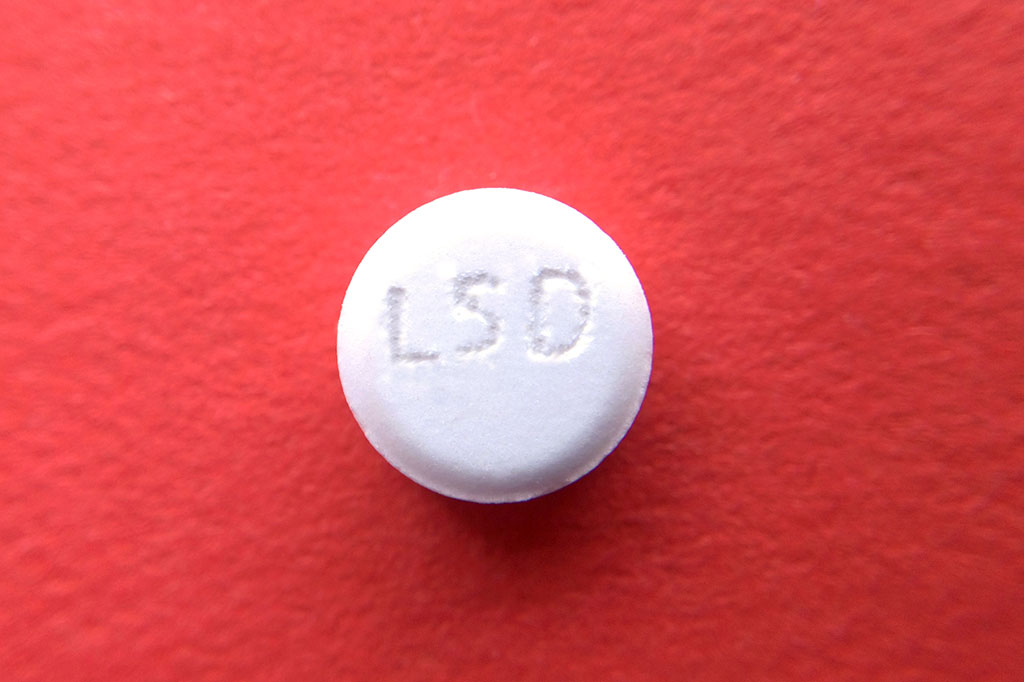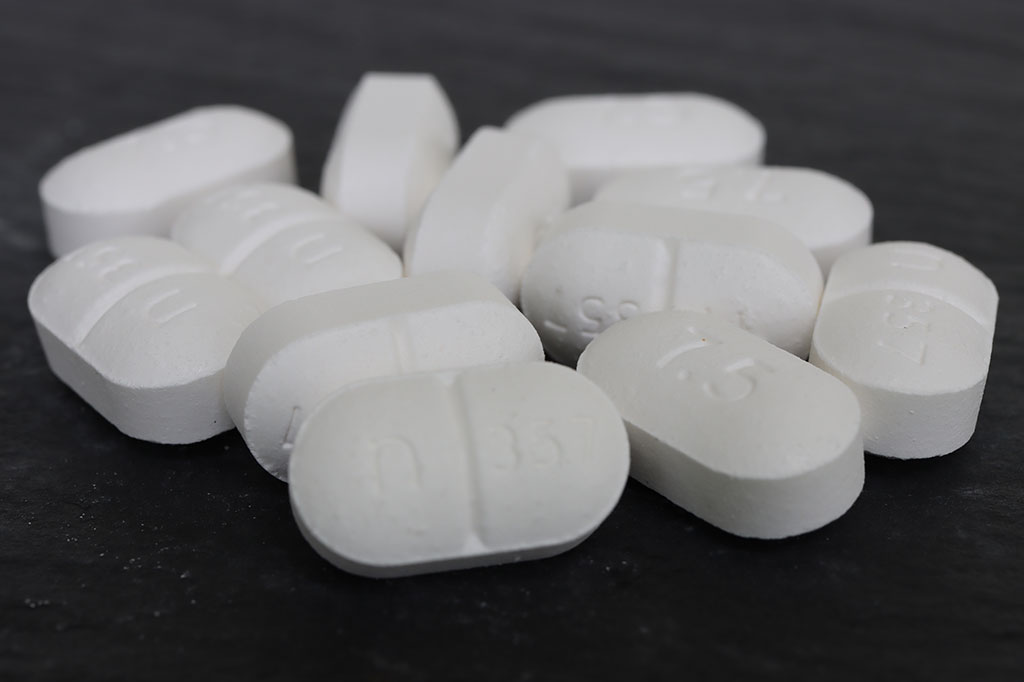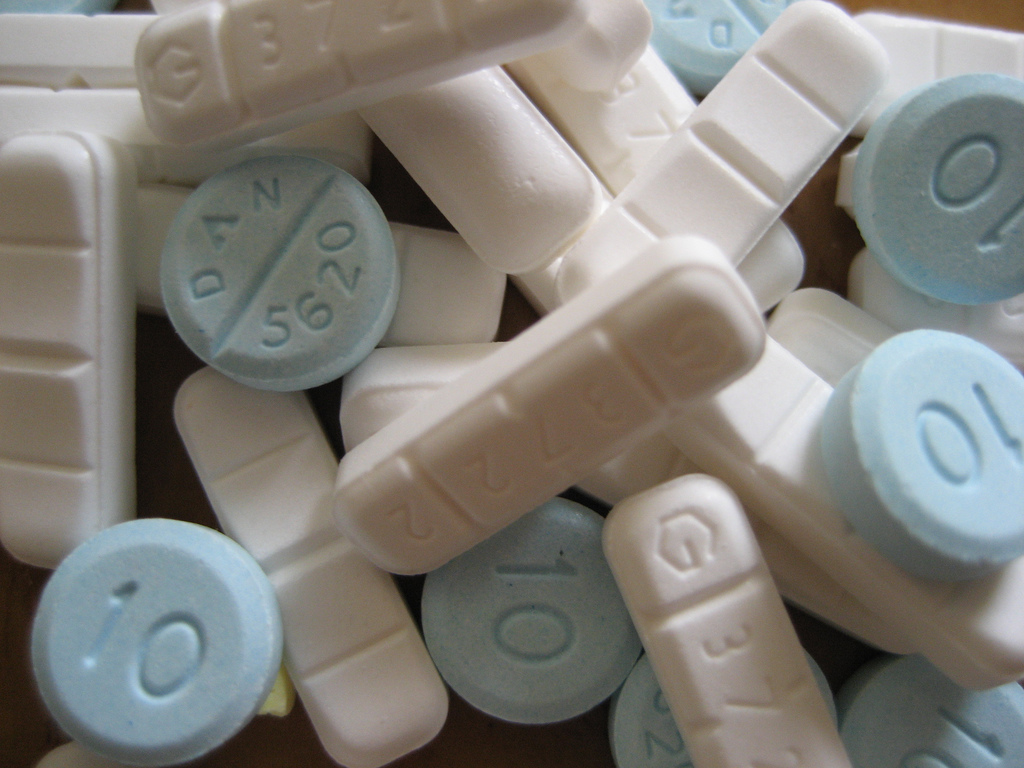
The Consequences of Underage Drinking
November 18, 2022
What Is LSD Made Of?
November 29, 2022Prescription opioids like hydrocodone and oxycodone are often combined with other medications, such as over-the-counter drugs like acetaminophen and ibuprofen, to treat moderate to severe pain. However, opioids such as hydrocodone have a potential for abuse, meaning they can contribute to dangerous drug-taking behaviors and addiction if misused. Below is more information on Hycet side effects, risks, and addiction.
Our admissions coordinators are available 24/7 to answer any questions you may have as you consider whether treatment at Clearbrook Treatment Center is right for you or your loved one.
What Is Hycet?
Hycet is a combination medication that contains the opioid painkiller hydrocodone. This medication is typically prescribed to treat moderate to severe or chronic pain. Unlike natural opiates – such as morphine and codeine – hydrocodone is a semi-synthetic opioid. Generally, doctors will prescribe hydrocodone on its own to treat short-term pain following surgery or pain caused by an injury.
In addition to hydrocodone, the Hycet medication also contains the over-the-counter (OTC) medication acetaminophen. This is a common OTC drug that’s used to relieve pain and reduce fever. While acetaminophen is not habit-forming, the hydrocodone in Hycet is. What’s more, acetaminophen may not be addictive, but it can contribute to toxicity and overdose because of its impact on the liver.
While Hycet may come in tablet form as well as an oral solution, it’s most commonly administered as an oral solution. Hycet dosing may vary depending on the age of the individual. Hycet doses include 3.75 mL, 5 mL, 7.5 mL, 10 mL, and 15 mL. Maximum daily doses of this medication may also vary depending on the person’s age and weight, with maximum doses including 22.5 mL, 30 mL, 45 mL, 60 mL, and 90 mL.
What Are the Side Effects of Hycet?
Like other opioid-containing medications, Hycet works by binding to pain receptors (also known as mu-opioid receptors) in the brain, spinal cord, gut, and other areas of the body. Once the hydrocodone in Hycet binds to these receptors, pain signals are weakened or blocked, alleviating the person’s discomfort.
Mu-opioid receptors are also responsible for the positive reinforcement or sense of well-being caused by opioid use. Feel-good sensations caused by opioid abuse are linked to the drug’s impact on dopamine, the brain’s “happy” chemical. This neurotransmitter is naturally released whenever we do or experience something pleasurable, and its forced stimulation from opioids can contribute to an addictive habit.
Get a Free Insurance Verification Today!
"*" indicates required fields
Users who are prescribed Hycet may experience certain side effects upon taking the medication as their body is adjusting. These effects usually subside within a few days.
Common Hycet side effects include:
- Nausea
- Vomiting
- Constipation
- Upset stomach
- Lightheadedness
- Dizziness
- Drowsiness
Many of these side effects are easily treatable and preventable, especially in patients who don’t misuse the medication and take it as directed by their doctor. If you experience any serious side effects while taking Hycet, such as difficulty breathing, call your doctor right away.
Is Hycet Addictive?
Because Hycet contains the opioid hydrocodone, it is addictive. While addiction isn’t inevitable for all users, it can occur if the individual misuses the medication or takes it without a prescription. Ways a person may abuse this drug include taking a larger Hycet dosage than prescribed, administering pills in dangerous ways (i.e., crushing and snorting pills), or taking Hycet with alcohol or other drugs.
Hycet is addictive because of its impact on the brain’s reward system, otherwise referred to as the nucleus accumbens. Not only do opioids block pain signaling when they bind to mu-opioid receptors, but they also activate the chemical dopamine. This neurotransmitter is associated with feelings of reward, pleasure, and well-being. The longer a person abuses Hycet, the more accustomed the drug’s effects on the brain and body become.
Usually, any opioid addiction will begin with tolerance and physical dependence. A person is tolerant of a drug when they hit a point where they require higher doses to feel its effects. This is a common sign of developing physical dependence.
Dependence is then marked by withdrawal symptoms, which occur when the person suddenly stops using Hycet or cuts down on their doses. Opioid withdrawals are highly uncomfortable and sometimes dangerous, with severe dehydration being the deadliest symptom. To avoid these symptoms, some users will continue using Hycet, which eventually leads to a dangerous pattern of drug use.
Help for Hycet Abuse and Addiction
It’s important to be mindful of the risks and side effects of any medication you take, especially one that has the potential for abuse. Hycet side effects can become adverse, and the medication can contribute to a severe drug use disorder if not taken as prescribed. Unfortunately, prescription drug abuse, particularly opioid abuse, has been a growing problem in the U.S. since the late 1990s.
If you or someone you care about is battling an addiction to an opioid medication or any other medication, our Massachusetts inpatient drug rehab. We offer medically supervised detox for all kinds of substances as well as individualized treatment programs to ensure clients get the specific help they need.
For more information about our Massachusetts drug rehab programs and how we can help, call Clearbrook Treatment Centers at 570-536-9621 or give us your contact information, and we’ll reach out to you as soon as possible.
Related Reading:






